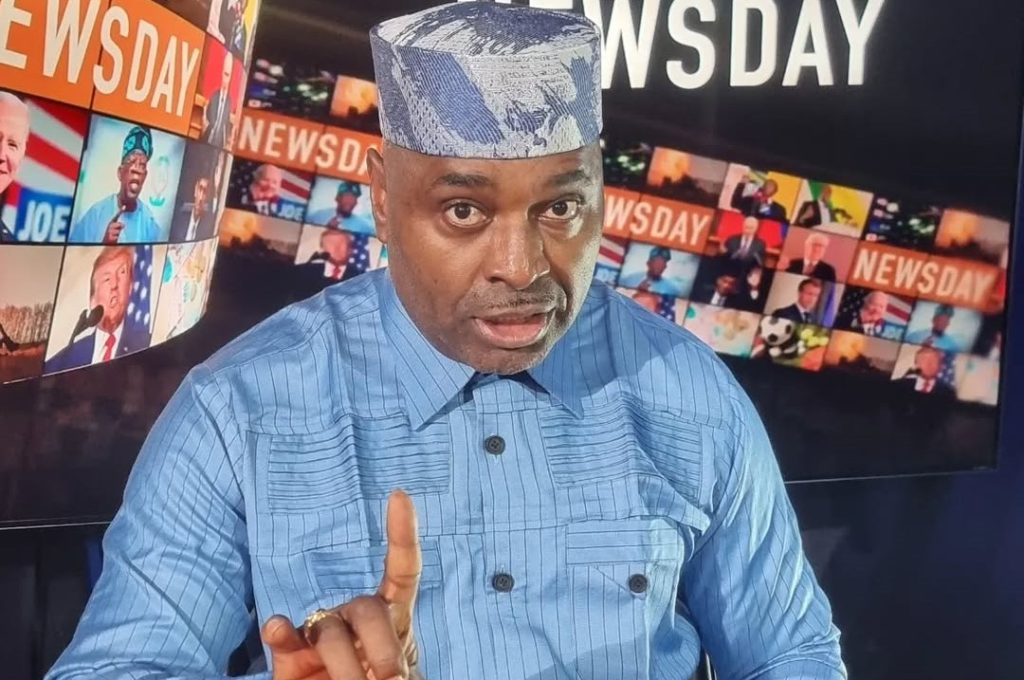Kenneth Okonkwo, a prominent lawyer and influential figure within the African Democratic Congress (ADC), has urged the government to free Nnamdi Kanu, the currently imprisoned head of the Indigenous People of Biafra (IPOB).
Kanu has been held by the Department of State Services (DSS) since he was captured and brought back to Nigeria in June 2021.
The demand for Kanu’s release is not new, as several high-profile individuals and groups have made similar appeals.
READ ALSO: Security forces fire tear gas at #ReleaseNnamdiKanuNow protesters in Abuja
These include the Deputy Speaker of the House of Representatives, Benjamin Kalu, and governors from the South-East region, all of whom have repeatedly pushed the Federal Government, FG, to secure the IPOB leader’s release.
Okonkwo, a former actor, intensified these pleas on Monday by advocating for a “political solution” to the ongoing legal and security matter.
He expressed strong disapproval of the protracted legal process, pointing out that Kanu has been held for nearly seven years—a duration he described as a failure in the country’s judicial system.
He argued that the government’s protracted handling of the case is causing widespread frustration.
Citing Section 36 of the Constitution, Okonkwo emphasised the fundamental principle that every citizen of Nigeria is presumed innocent until a court of law proves otherwise.
During an appearance on Channels Television’s Sunrise Daily, Okonkwo remarked, “A country that keeps an individual detained for over seven years without concluding a judgment on the charges against him is demonstrating a failure in its delivery of justice.”
He added that such a delay constitutes a denial of justice and is an “unreasonable” amount of time to hold a person while legal proceedings are supposedly underway.
The lawyer-turned-politician contended that the judicial system has been misused in Kanu’s situation.
READ ALSO: #FreeNnamdiKanu protest sparks tension as organisers defy court order, plan march to Aso Rock
“No person can be expected to maintain their sanity when incarcerated for almost seven years while their case remains unresolved,” he noted.
In his view, the public sentiment is clear: “If you lack sufficient evidence to convict this man, you must either let him go or engage in a political settlement.”



